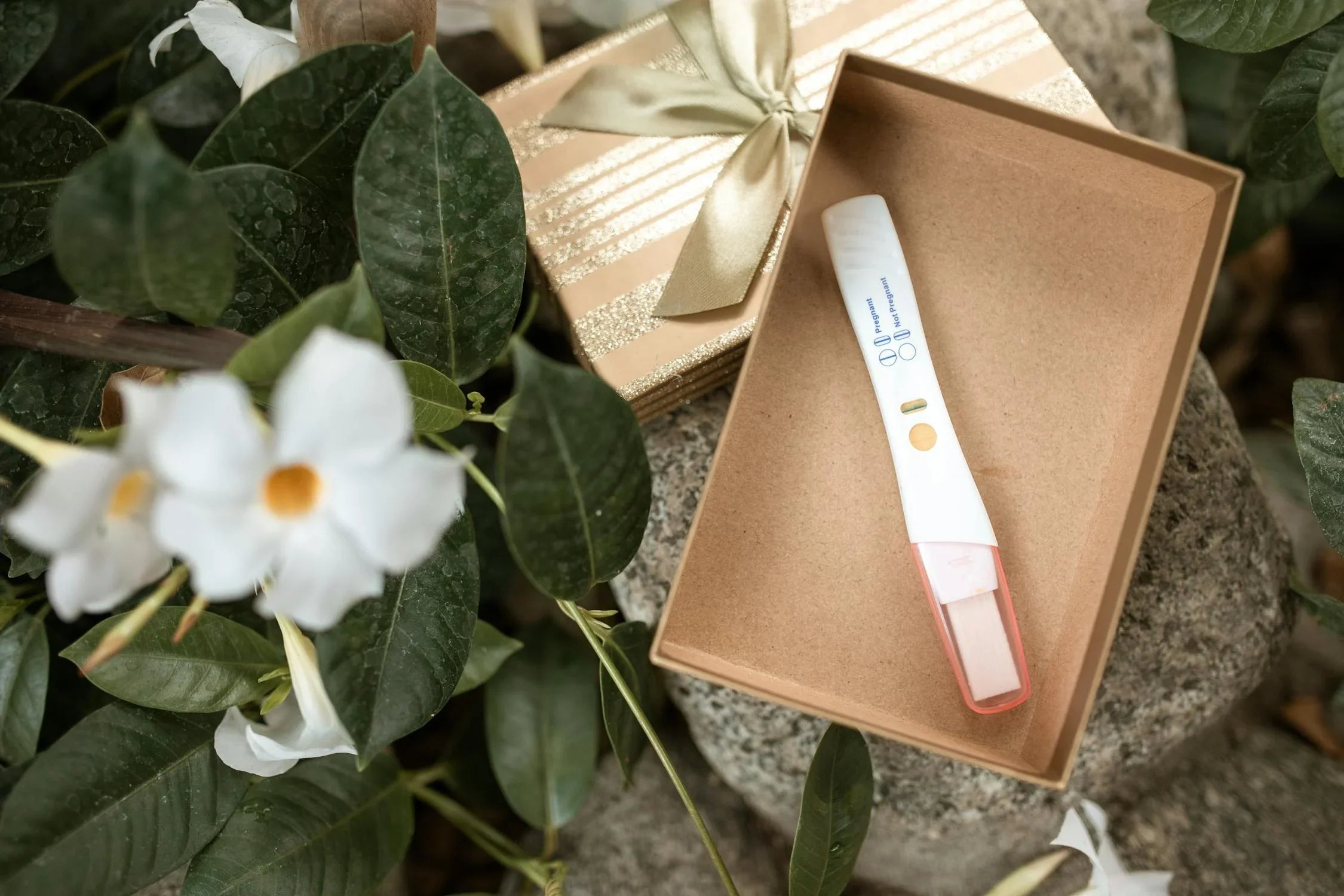Home
Pregnancy, Breastfeeding, and Pumping: The Ultimate Guide for Moms
What Is the Best Pregnancy Test to Detect Early: A Comprehensive Guide

What Is the Best Pregnancy Test to Detect Early: A Comprehensive Guide
Understanding Early Pregnancy Detection
When it comes to detecting pregnancy, timing is everything. Many women are eager to find out if they are pregnant as early as possible, and choosing the right pregnancy test can make all the difference. Early detection tests are designed to identify the presence of the pregnancy hormone, human chorionic gonadotropin (hCG), in your urine before you even miss your period. But with so many options available, how do you know which one is the best?
How Pregnancy Tests Work
Pregnancy tests work by detecting hCG, a hormone produced by the placenta shortly after a fertilized egg attaches to the uterine lining. The levels of hCG increase rapidly in the early stages of pregnancy, doubling every 48 to 72 hours. Most tests are designed to detect hCG levels at a specific threshold, usually measured in milli-international units per milliliter (mIU/mL). The lower the threshold, the earlier the test can detect pregnancy.
Types of Pregnancy Tests
There are two main types of pregnancy tests: urine tests and blood tests. Urine tests are the most common and can be done at home, while blood tests are typically performed in a healthcare setting. Home pregnancy tests come in various formats, including strip tests, midstream tests, and digital tests. Each type has its own advantages and disadvantages, so it's important to choose one that suits your needs.
Sensitivity Levels
One of the most critical factors in choosing a pregnancy test for early detection is its sensitivity level. Sensitivity refers to the lowest concentration of hCG that the test can detect. Tests with a sensitivity of 10 mIU/mL or lower are considered highly sensitive and can detect pregnancy earlier than those with higher thresholds. However, even the most sensitive tests may not provide accurate results if used too early, as hCG levels may not yet be high enough to detect.
Accuracy and Reliability
Accuracy is another essential factor to consider. While most pregnancy tests claim to be over 99% accurate when used correctly, the timing of the test can significantly impact its reliability. Testing too early can result in a false negative, while testing too late may not provide the early confirmation you're seeking. It's also crucial to follow the instructions carefully to avoid errors that could affect the results.
When to Take the Test
The best time to take a pregnancy test for early detection is typically around the time you expect your period. However, some highly sensitive tests can detect hCG levels as early as six to eight days after ovulation. Keep in mind that hCG levels vary from woman to woman, and even from pregnancy to pregnancy, so the exact timing can differ. If you receive a negative result but still suspect you might be pregnant, it's a good idea to wait a few days and test again.
Factors Affecting Test Results
Several factors can influence the accuracy of a pregnancy test, including the time of day you take the test, the concentration of your urine, and certain medications or medical conditions. For the most accurate results, it's recommended to take the test first thing in the morning when your urine is most concentrated. Drinking too much fluid before testing can dilute your urine and potentially lead to a false negative.
Interpreting the Results
Interpreting the results of a pregnancy test can sometimes be confusing, especially if the test line is faint. A faint line usually indicates a positive result, as even a small amount of hCG can trigger a reaction. However, if you're unsure, it's best to confirm the results with a healthcare professional. Digital tests, which display a clear 'pregnant' or 'not pregnant' result, can eliminate some of the ambiguity associated with traditional line tests.
Tips for Accurate Testing
To ensure the most accurate results, follow these tips when taking a pregnancy test: read the instructions carefully, use the test at the recommended time, avoid drinking excessive fluids before testing, and check the expiration date of the test. If you receive a positive result, schedule an appointment with your healthcare provider to confirm the pregnancy and begin prenatal care.
Emotional Considerations
Taking a pregnancy test can be an emotional experience, whether you're hoping for a positive or negative result. It's essential to prepare yourself mentally and emotionally for the outcome. If you're trying to conceive, a negative result can be disappointing, but it's important to remember that it may simply be too early to detect pregnancy. On the other hand, a positive result can bring a mix of excitement and anxiety, especially if the pregnancy was unplanned.
Seeking Professional Advice
If you're unsure about the results of your pregnancy test or have concerns about your reproductive health, it's always a good idea to seek professional advice. A healthcare provider can perform a blood test, which is more sensitive than a urine test, and provide guidance on next steps. They can also address any questions or concerns you may have about pregnancy, fertility, or contraception.
Conclusion
Choosing the best pregnancy test for early detection involves considering factors such as sensitivity, accuracy, and ease of use. While highly sensitive tests can provide early results, it's essential to use them at the right time and follow the instructions carefully to ensure accuracy. Remember that no test is foolproof, and if you have any doubts or concerns, consulting a healthcare professional is always the best course of action. Whether you're eagerly trying to conceive or navigating an unexpected pregnancy, having the right information and support can make all the difference in your journey.
Share
